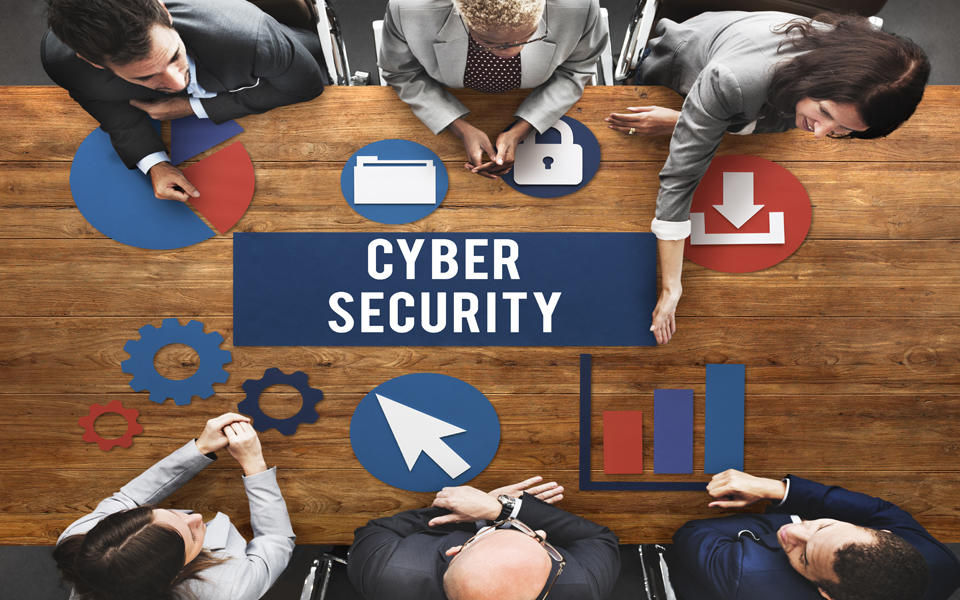HOW TO OUTSMART CYBERCRIMINALS
- Lucy Hoover
- Dec 13, 2018
- 3 min read

It is impossible to predict all the bad things the bad guys could do. They always come up with something new. It takes more than antivirus to prevent computer security incidents, it takes awareness and action
by the end user. The good news is you don’t need to be a cybersecurity expert to practice smart online safety habits that can go a long way in guarding against online crime.
Good Security Standards Follow the "90 /10" Rule
10% of security safeguards are technical.
90% of security safeguards rely on YOU as the computer user to adhere to good computing practices.
Example: The lock on the door is the 10%. You remembering to lock, check to see if it's closed, ensuring others do not prop the door open, keeping controls of the keys is 90%. 10% security is worthless without YOU!
Never Share Passwords or Passphrases
Pick strong passwords and passphrases , and keep them private. Never share your passwords or passphrases, even with friends or family.
Never write down or share your password.
Don’t just use one password (i.e., work, personal banking, etc.).
Create passwords that are easy to remember but hard for others to guess.
Don't use information that others could associate with you, like names of family members or pets.
Make the password at least 8 characters long.
Include numbers, capital letters and symbols.
Do not use cyclical, incremental or patterned passwords.
Do Not Click Random Links
Do not click any link that you can't verify.
Treat links like attachments. Only click it if you’re expecting it.
When in doubt, contact the supposed sender.
Hover your mouse over the text of the hyperlink (you should see the full URL, which will help to show whether it leads to a legitimate website).
Beware Of Email Or Attachments From Unknown People, Or With A Strange Subject Line
Never open an attachment you weren't expecting, and if you do not know the sender of an attachment, delete the message without reading it.
Don’t open any email or attachment from an email that you are not expecting even if it is from a known person.
Don't open an attachment that has an unusual icon or an unusual extension (especially ones like .pif, .scr, or .exe).
Don't let your curiosity put your computer at risk.
To open an attachment, first save it to your computer and then scan it with your antivirus software.
Do Not Download Unfamiliar Software From The Internet
Some programs appear to have useful and legitimate functions. However, most of this software is (or contains) spyware.
Get your software from the source whenever possible.
Download install files via the approved channel.
If the app you’re looking to download is only available from a third-party website, be very careful.
Do Not Propagate Virus Hoaxes Or Chain Mail
Use common sense and good manners when sending email. Never knowingly forward emails containing viruses, or hoaxes that are proliferating around the Internet, whether for fun or otherwise.
Some messages are more suspicious than others, but be especially cautious if the message has any of the characteristics listed below:
It suggests tragic consequences for not performing some action.
It promises money or gift certificates for performing some action.
It offers instructions or attachments claiming to protect you from a virus that is undetected by anti-virus software.
It claims it's not a hoax.
There are multiple spelling or grammatical errors, or the logic is contradictory
There is a statement urging you to forward the message.
It has already been forwarded multiple times (evident from the trail of email headers in the body of the message).
We would like to remind everyone our office will be closed
Christmas Eve & Christmas Day,
December 24th & 25th for the holiday.
If you have an emergency please email: Support@Kappaservices.com
